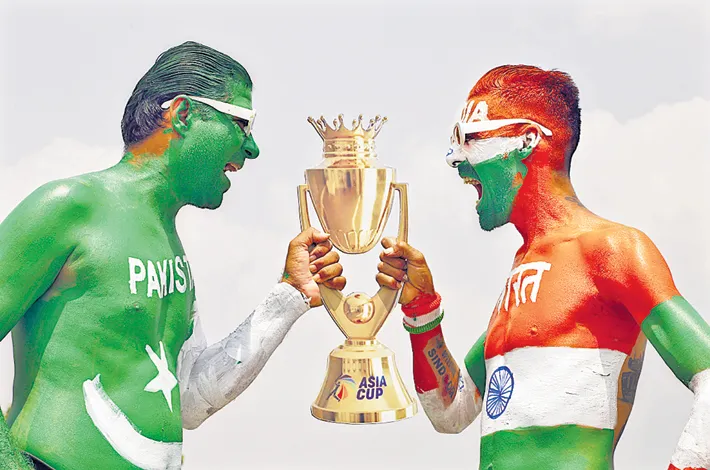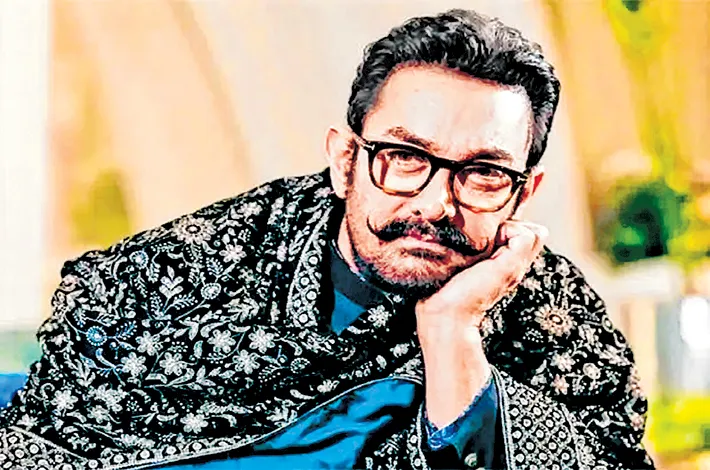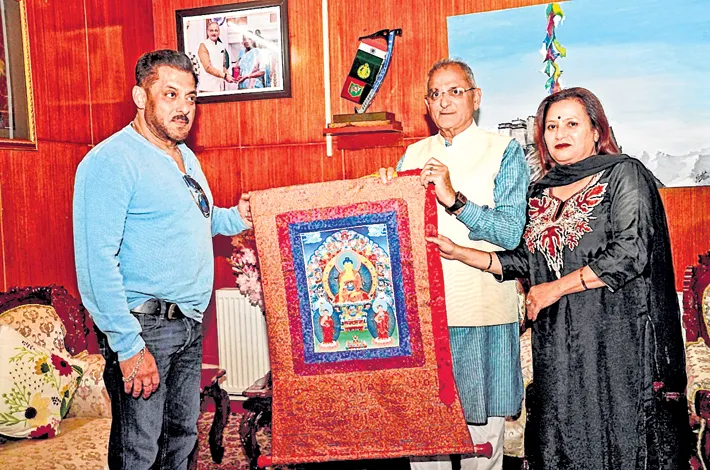Match played, morality debated
15-09-2025 12:00:00 AM

t p venu I hyderabad
Ironical as it may seem, the nation, political parties, and even top players from the cricketing fraternity were divided over whether India should play Pakistan in the Asia Cup in Dubai.
Former India off-spinner Harbhajan Singh said that playing against Pakistan makes a mockery of the soldiers who lost their lives. The Vishwa Hindu Raksha Parishad performed hawan and pooja, praying for Team India's victory ahead of the match. Meanwhile, women workers of Shiv Sena (UBT) staged a protest in Mumbai on Sunday with sindoor, opposing India’s participation in the match.
Ahead of the clash, there was widespread demand from the opposition to boycott the game. However, the Centre issued a no-objection certificate allowing the Indian team to play Pakistan in a multi-nation tournament. On the one hand, the government has previously strongly opposed playing the neighbouring country. This contradiction begs scrutiny: is this a case of selective nationalism or double standards by the Indian government?
Some argue the BCCI cannot afford to forgo the revenue generated from the tie. The world’s richest cricket board maintains that, according to international rules, India must play Pakistan in World Cups and Asia Cups. While India refuses to play Pakistan in bilateral series, it must face them in multi-lateral tournaments.
This raises another question: why does an informal ban on Pakistani artists—actors, singers, and musicians—still remain in place? The Indian government often defends this by saying cricket matches in such tournaments are not bilateral but part of international obligations. Still, the optics remain problematic. Cricket in the subcontinent is more than just a sport—it is a spectacle, heavy with emotional and political symbolism.
Interestingly, Indian audiences continue to consume Pakistani content, albeit unofficially. Pakistani dramas, songs, and social media content remain highly popular in India. The demand exists, but policy does not reflect it. In contrast, Indian films and series are often officially banned in Pakistan. Yet, many in India pride themselves on being more "liberal" or open when it comes to cultural exchange. Meanwhile, the match—watched by millions on both sides of the border—unfolded smoothly. And as the saying goes: all’s well that ends well.








